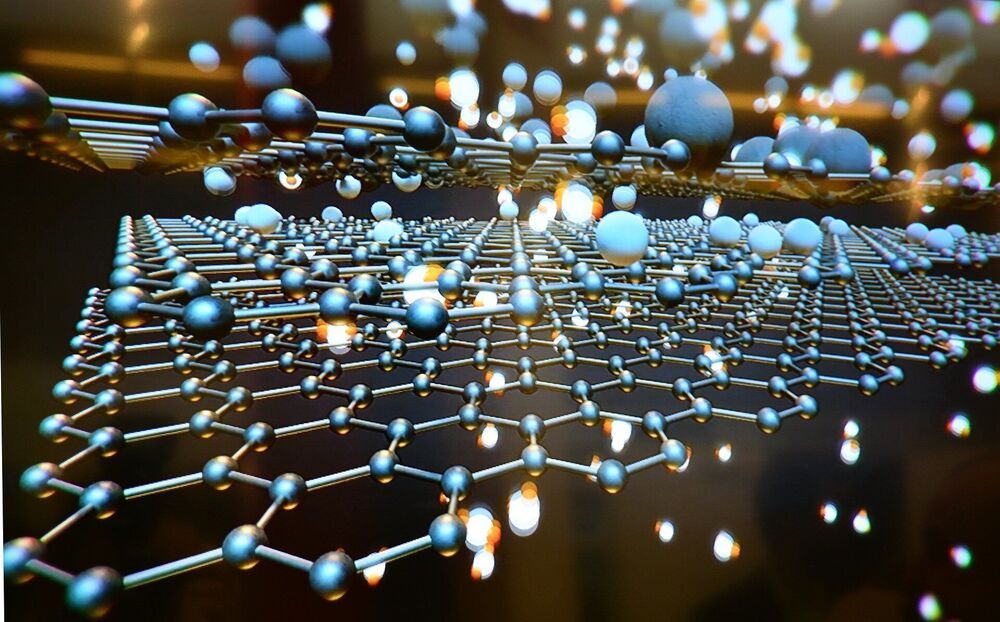A group of researchers led by Sir Andre Geim and Dr. Alexey Berdyugin at The University of Manchester have discovered and characterized a new family of quasiparticles named ‘Brown-Zak fermions’ in graphene-based superlattices.
The team achieved this breakthrough by aligning the atomic lattice of a graphene layer to that of an insulating boron nitride sheet, dramatically changing the properties of the graphene sheet.
The study follows years of successive advances in graphene-boron nitride superlattices which allowed the observation of a fractal pattern known as the Hofstadter’s butterfly—and today (Friday, November 13) the researchers report another highly surprising behavior of particles in such structures under applied magnetic field.
